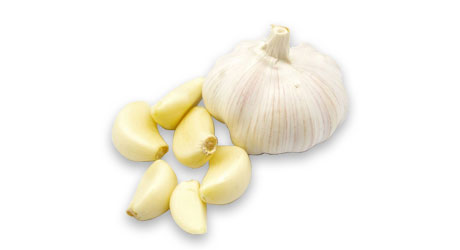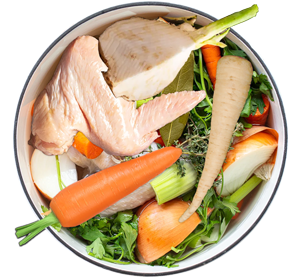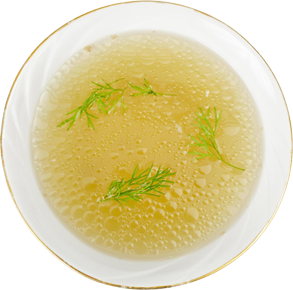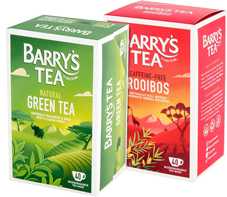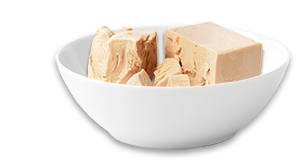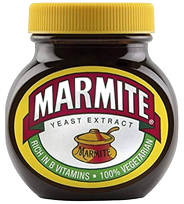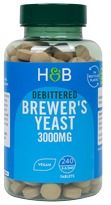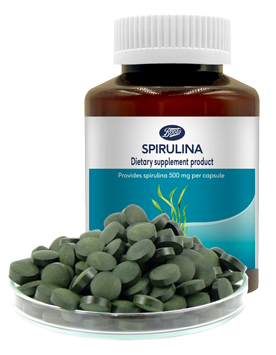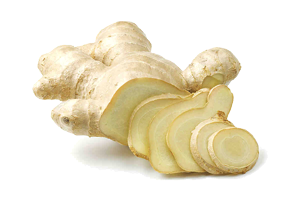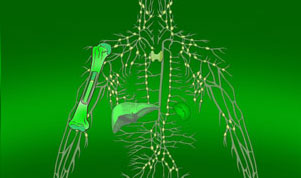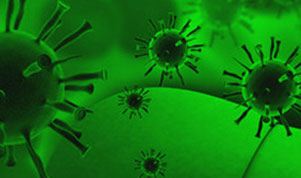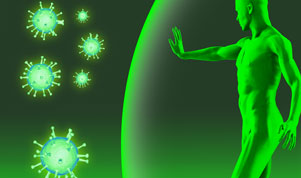Our immune system protects us against bacteria, viruses, toxins and other potentially harmful elements. When your immune system is strong, you may not notice it at work, but when it's weakened, symptoms of illness can soon follow.
Maintaining a healthy body often starts by taking the steps to give your immune system a boost. And this isn't something that can be done quickly.
Between seasonal illnesses like common cold or occasionaly some other infections like eg. COVID-19 pandemic, your immune system may be top of mind.
We should follow the basic healthy lifestyle principles: Eating well and sleeping, while reducing stress and trying to stay physically active. Your immune system requires care and is not something you can give a lasting boost overnight, so don't rush to the cabinet for pills or powders. A long-term adjustments to your lifestyle: a diet that includes lean proteins, seven to nine hours of sleep nightly, daily exercise, and eliminating stressors in your life. The results can help you stay healthy past seasonal illnesses. Healthy lifestyles can also reduce the risk for certain diseases like high blood pressure, heart disease, strokes, cancer and diabetes.
Maintain immunity the healthy way
Your first line of defense is to choose a healthy lifestyle. Following general good-health and hygiene guidelines is the single best step you can take toward naturally keeping your immune system working properly. Every part of your body, including your immune system, functions better when protected from environmental assaults and bolstered by healthy-living strategies such as these:
- Keep a diet high in fruits and vegetables
- Exercise regularly
- Maintain a healthy weight.
- Get adequate sleep
- Don't smoke
- Drink alcohol only in moderation
- Take hygiens steps to avoid infection, such as washing your hands frequently
- Try to minimize stress
- Follow your child's vaccination schedule
- Keep current with recommended vaccines eg. flu, COVID, etc.
The order of the above recommendations is random
Weak immune system
How do I know if my immune system is weak?
A person with a weakened immune system is likely to get infections more frequently than most other people, and these illnesses might be more severe or harder to treat. These individuals may also find themselves dealing with an infection that a person with a stronger immune system would not get.
What causes weak immune system?
Many health conditions and medications can affect their function. For example, some conditions can make the white blood cells overly aggressive, leading to an outsized response to small threats. A team of healthcare providers may treat the condition with medications that weaken your immune system.
In many situations, immunity may be reduced. Young children and the elderly are particularly susceptible to reduced immunity. The immune system matures and develops until puberty and even later. As we age, the efficiency and operation of various immune mechanisms deteriorate. This is presented in the immunodeficiencies tab.
Weakened immunity of healthy people
We have two types of immunity: non-specific (innate) or natural and specific (adaptive) or acquired. When we speak of strengthening immunity, we are primarily referring to non-specific immunity. It should be noted that only reduced (weakened) immunity can be strengthened. Normal immunity, which functions 100%, should not and cannot be strengthened any more. As far as specific (adaptive) acquired immunity is concerned - it is acquired1 actively: after vaccination, after an illness or passively: after administration of anatoxin1 (toxoid), after administration of serum.
We cannot have more than 100% immunity, but we can very easily have less. There are many reasons that can lead to decreased immunity in a healthy person. Generally, we can talk about reduced immunity in healthy young children (infants) when the immune system has not yet been fully developed. It is worth remembering that the process of developing immunity lasts until the end of puberty. We can also talk about reduced immunity in people of advanced age, and just as the process of developing immunity extends over several years, the process of decreasing immunity as a result of aging also extends over many years and may begin after the age of 40. Reduced immunity may finally appear in seemingly completely healthy adults.
The efficiency of the immune system in healthy people may be reduced by various external factors, including: excessive emotional stress, sleep deprivation, overtraining in athletes, various environmental and workplace factors. Just to mention various chemicals, UV rays and other forms of radiation (cell phones), common bacteria and viruses, medications taken and therapies used. Eating habits (excessive consumption of fats and pure sugar) and stimulants (cigarettes, alcohol) have a major impact. In addition, there is an inadequate supply of calories, protein, water, vitamins and microelements in the diet, all of which may contribute to lowering immunity.
Recognizing reduced immunity is extremely important, because an ineffective immune response can have very significant health consequences. The efficiency of the immune system becomes particularly important when the increasing resistance of pathogens to antibiotics and antifungal drugs and increasing environmental pollution are taken into account.
The immune system is extremely complex and consists of many body elements and organs as well as various cells. That is why it is so important for our health and well-being. A strong and balanced immunity is essential to good health. In cases of weakened or impaired immunity, the use of natural preparations helps restore it.
There are many natural ways to rebuild your immunity. Below we list some:
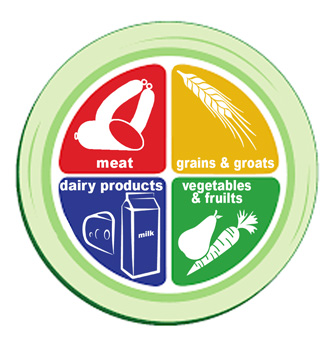
- Make sure you get enough sleep and rest, because your body and mind not only rest, but also regenerate. Some people think they can function well on 5-7 hours of sleep, but the truth is we need 8 or even 10 hours of sleep a night.
- Get rid of worries and learn to de-stress. There are many studies that prove that stress and low mood (depression) not only have a negative impact on our body, but also lower our immunity.
- Eat a well-balanced diet and do not skip meals. Four food groups provide everything necessary for our body. These groups are:
- grains and groats,
- diary products and eggs,
- fruits and vegetables,
- meat and meat products.
- Take multivitamin and mineral preparations regularly. Find out from your doctor which preparation would be most appropriate for you, e.g. due to age, gender or season. It is well known that women need additional calcium, and, for example, during pregnancy we also need folic acid.
- Exercise regularly. Exercise strengthens our body, increases the circulation of blood and nutrients and helps remove toxins from the body.
- Drink plenty of water, which helps flush toxins from the body and ensures good hydration.
- Eat foods that are high in antioxidants. Antioxidants are primarily vitamins in our food. They may reduce the risk of cancer and other diseases and support the immune system. Eat a diet that includes plenty of fresh fruits and vegetables, which are an excellent source of antioxidants. Antioxidant vitamins include vitamin A, vitamin C, vitamin E and beta-carotene. Food sources include: fruits and vegetables, dairy products (dairy products), various types of berries, dark green plants, whole grains and meat (high in protein).
- Regularly use immuno-supplements that provide natural nutrients with proven beneficial effects on the immune system:
● Spirulina extract
● Beta-glucan from baker's yeast
● Acerola fruit extract
● Zinc ions
1 A toxoid is an inactivated toxin (usually an exotoxin) whose toxicity has been suppressed either by chemical (formalin) or heat treatment, while other properties, typically immunogenicity, are maintained. Toxins are secreted by bacteria, whereas toxoids are altered form of toxins; toxoids are not secreted by bacteria. Thus, when used during vaccination, an immune response is mounted and immunological memory is formed against the molecular markers of the toxoid without resulting in toxin-induced illness. Such a preparation is also known as an anatoxin. There are toxoids for prevention of diphtheria, tetanus and botulism.
Toxoids are used as vaccines because they induce an immune response to the original toxin or increase the response to another antigen since the toxoid markers and toxin markers are preserved. For example, the tetanus toxoid is derived from the tetanospasmin produced by Clostridium tetani. The latter causes tetanus and is vaccinated against by the DTaP vaccine. While patients may sometimes complain of side effects after a vaccine, these are associated with the process of mounting an immune response and clearing the toxoid, not the direct effects of the toxoid. The toxoid does not have virulence as the toxin did before inactivation.
Spirulina extract effectively boosts the immune system – start using it today!
See → the smart way to enhance your immune system!
[1] Olej z wątroby rekina dostarcza przede wszystkim alkiloglicerole i skwalen, które wspomagają układ odporności. Poza tym jest źródłem kwasów omega 3.
[2]Immulina dostarcza specjalny kompleks lipo-polisacharydowy ze spiruliny, który działa poprzez komórki układu odporności (komórki dendrytyczne i makrofagi) obecne w przewodzie pokarmowym. Nasza naturalna odporność powstaje przede wszystkim w tkance limfatycznej przewodu pokarmowego.




